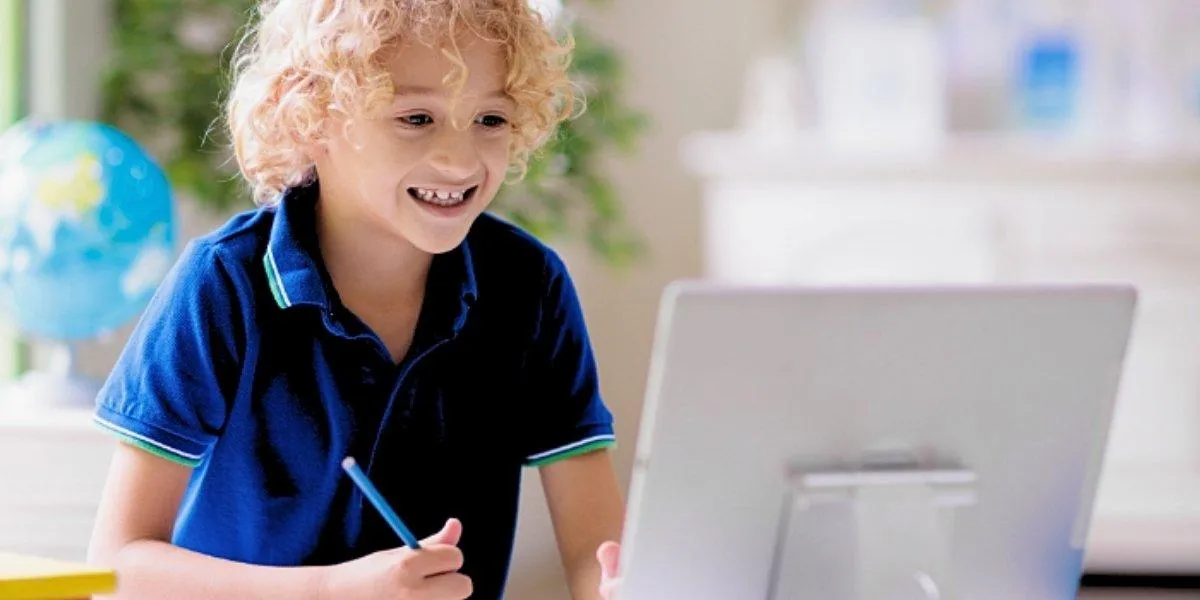
25 Interactive Second Grade Activities That Will Amaze Your Child
Buckle up, because second grade activities is where the adventure kicks into high gear!
Second grade activities are where kids really start to feel capable, curious, and proud of what they can do. At this age, children are reading longer texts, solving bigger math problems, and thinking more deeply about the world around them.
Fun Second Grade Activities

These are 25 engaging second-grade activities that will ignite your child's passion for learning. These aren't your typical classroom lessons. They are a creative journey into a new horizon …
1. Act out chapter book scenes together
Invite your child to act out a favorite scene from a book they’re reading. Acting builds coprehension and helps kids remember details. Second graders enjoy becoming characters and using expression. Talk about what happened before and after the scene. This turns reading into an active, confidence-building experience that feels fun instead of academic.
2. Create math games using household items
Use coins, cards, or snacks to practice addition, subtraction, or grouping. Hands-on math makes numbers feel real. Second graders enjoy seeing math in everyday life. Ask questions as you play to encourage thinking. Learning feels natural when it connects to real situations kids understand.
3. Practice following multi-step challenges
Give fun challenges like “draw a square, write your name, then clap three times.” This builds listening and working memory. Second graders use these skills daily in class. Keep the tone light and playful. Success builds confidence and helps kids stay focused longer.
4. Build daily routines kids can manage independently
Let your child manage simple routines like homework setup or packing a backpack. Responsibility builds independence and pride. Second graders feel grown up when trusted. Small daily leadership moments help kids feel capable and confident in school and at home.
5. Play cooperative movement games together
Try games where you work as a team, like passing a ball without dropping it. Cooperation builds social skills and communication. Second graders learn patience and teamwork. Movement keeps energy balanced while strengthening friendships and confidence.
Fun Printables
6. Complete reading response pages
Use printables that ask kids to draw or write about what they read. This builds comprehension and reflection. Second graders enjoy sharing opinions. Writing about reading helps ideas stick and builds stronger understanding over time.
7. Solve math puzzle worksheets
Print math puzzles that involve logic or problem-solving. These encourage deeper thinking. Second graders enjoy the challenge. Puzzles feel like games, not worksheets, which keeps motivation high.
8. Color grammar-focused activity pages
Use printables that mix coloring with grammar skills. Coloring helps kids relax while learning. Second graders stay engaged longer. Grammar practice feels less intimidating when paired with creativity.
9. Match sentences to illustrations
Print pages where kids connect sentences to pictures. This builds comprehension and attention to detail. Second graders enjoy checking their answers visually. It strengthens reading accuracy without pressure.
10. Complete logic and pattern printables
Use printables with patterns and reasoning challenges. These build math and thinking skills. Second graders enjoy figuring things out. Logic practice supports success across subjects.
Creative Crafts

11. Build vocabulary art with new words
Choose new words and decorate them using markers or collage materials. This builds vocabulary and creativity together. Second graders enjoy personalizing learning. Seeing words visually helps memory and confidence grow.
12. Design story maps using drawings
Create drawings that show the beginning, middle, and end of a story. This builds comprehension and organization. Second graders learn how stories are structured. Visual planning supports stronger writing skills.
13. Create math-themed collages
Cut out numbers, shapes, or symbols and turn them into art. This blends math and creativity. Second graders enjoy expressing ideas visually. Math feels friendly instead of stressful when paired with art.
14. Craft emotion tools for self-regulation
Make simple tools like feeling charts or calm-down wheels. This builds emotional awareness. Second graders learn to manage frustration. Emotional skills support classroom success and confidence.
15. Construct geometry creatures with shapes
Use shapes to build animals or characters. This reinforces geometry skills. Second graders enjoy imagination. Learning shapes feels playful and creative instead of abstract.
Educational Printables
16. Practice paragraph writing step by step
Use printables that guide kids through writing short paragraphs. This builds structure and confidence. Second graders feel proud writing more. Clear steps reduce frustration and encourage effort.
17. Solve multi-step math problem pages
Print worksheets that require more than one step to solve. This builds perseverance and logic. Second graders enjoy challenges when success feels possible. Celebrate problem-solving, not just answers.
18. Sort words by spelling patterns
Use printables to sort words by word families or vowel sounds. This strengthens phonics and spelling. Second graders enjoy sorting activities. Patterns make spelling easier to remember.
19. Complete sequencing and timeline worksheets
Sequencing printables help kids understand order and cause-and-effect. These skills support reading and writing. Second graders enjoy putting events in order. Sequencing builds stronger comprehension.
20. Identify main idea and details pages
Use printables that focus on main ideas and supporting details. This builds deeper reading skills. Second graders learn how information is organized. These skills are key for long-term success.
Clever Toys To Play Smart

21. Magnetic letters
Magnetic letters let kids experiment with spelling and sentences. Hands-on play builds confidence. Second graders enjoy rearranging words. Learning feels flexible and fun instead of rigid.
22. Math toys with hands-on manipulatives
Math manipulatives help kids understand place value and operations. Touching objects makes math clearer. Second graders learn best through doing. These tools grow with skill level.
23. Advanced building kits
Building kits support problem-solving and planning. Second graders enjoy creating and revising designs. Engineering play builds confidence and persistence naturally.
24. Strategy games designed for kids
Strategy games encourage planning and logical thinking. Second graders enjoy friendly competition. Games build patience and focus. Learning happens naturally through play.
25. Reusable writing tablets
Writing tablets let kids practice sentences without fear of mistakes. Easy erasing builds confidence. Second graders enjoy freedom to try again. Writing becomes fun instead of stressful.
If you thought learning was just sitting quietly and memorizing facts, think again. It's about your kid transforming into a detective, explorer, artist, and even scientist, right in your own living room or backyard.
These second grade activities support confidence, independence, academic growth, and emotional development through playful, meaningful learning. By combining hands-on play, printables, crafts, and smart toys, kids strengthen reading, writing, math, and thinking skills in ways that feel enjoyable.
Ready to Keep Second Grade Fun?
If these ideas helped your second grader feel confident and motivated, there’s more waiting for you. Our other articles are filled with hands-on learning ideas, creative projects, and family-friendly printables designed for real life.
There you have it parents, 25 different activities to keep your second grader entertained and intellectually stimulated. We hope these ideas have inspired you to create fun and memorable experiences with your child.
Happy exploring!